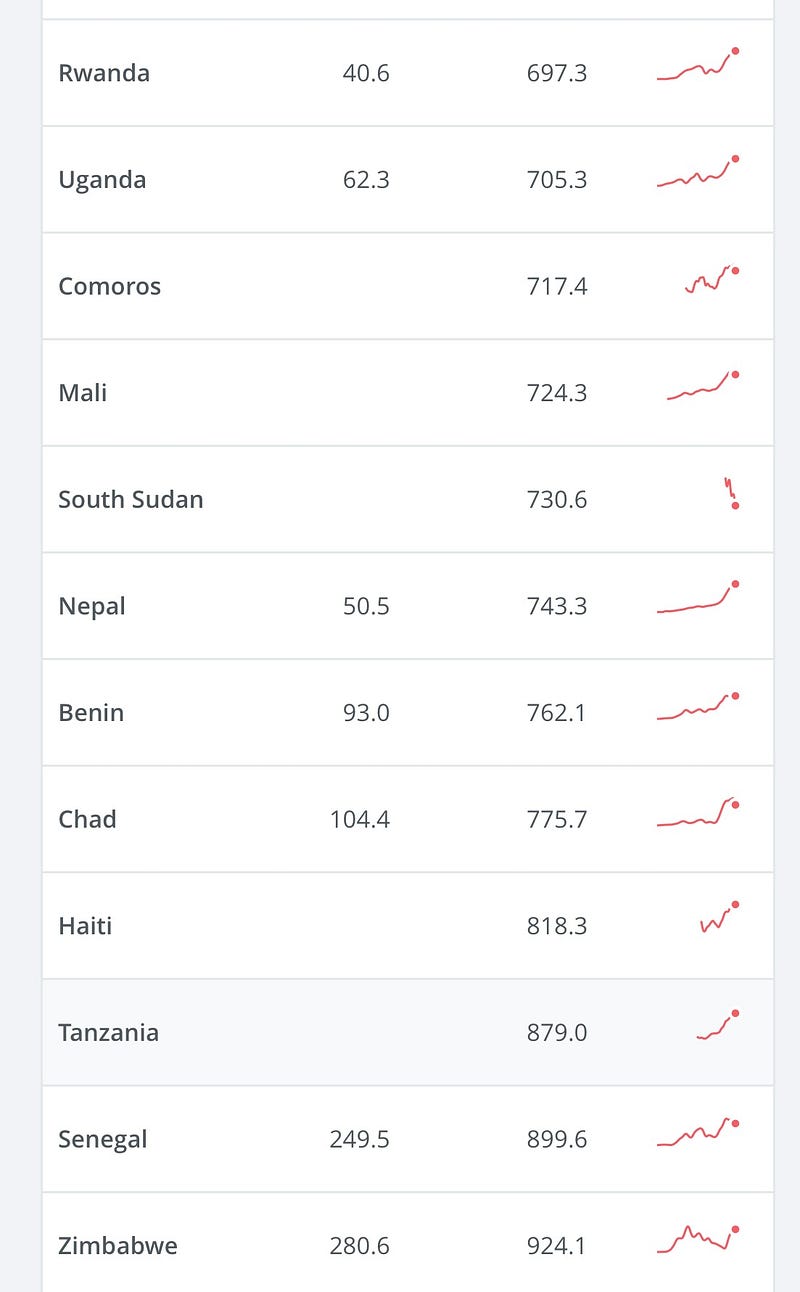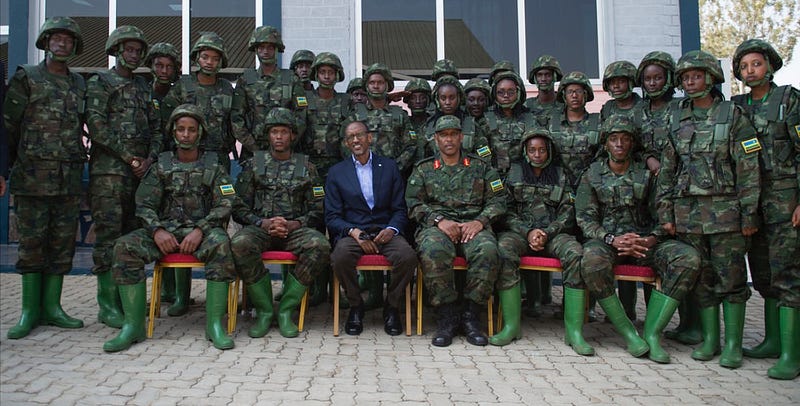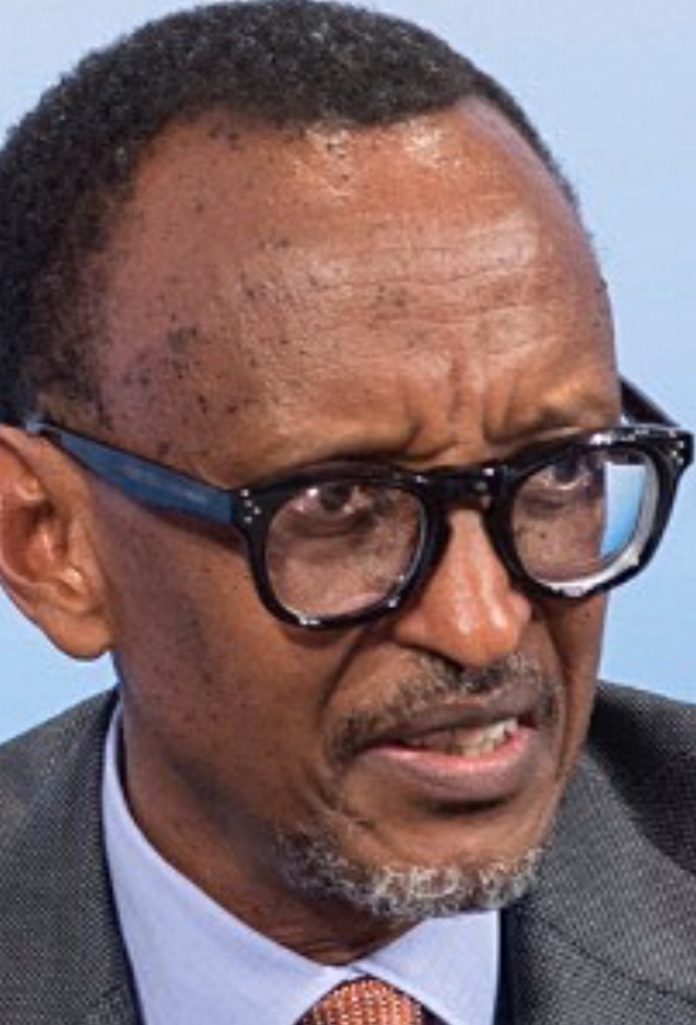By David Himbara
At Munich Security Conference, President Paul Kagame made a strange claim – that trust has been the key driver to sustaining progress in Rwanda. To quote his own words:
“Once people in society have their full place, they will always make good contribution. Trust is important as a link between institutions, leaders and citizens.”
Is this man OK? What is progress in the Rwandan context? What trust is he talking about?
Kagame keeps talking about economic development in Rwanda as something real that has happened. He says he is cruising toward the middle income status by 2020!with a gross domestic product (GDP) per person of USD1,200.00. Here is how Rwanda’s GDP per capita currently compares with other poor countries.

As shown in the World Bank data, Rwanda’s GDP per capita increased from USD 40.6 in 1960 to USD 697.6 in 2015. Kagame’s Rwanda is still poorer than the poorest such as Uganda, Comoros, Mali, South Sudan, Nepal, Benin, Chad, Haiti, Tanzania, and Senegal, among others.
Regarding trust, how can a dictatorship possibly foster such a noble social feature? How can social capital form in a Totalitarian state? Social capital is defined as “networks together with shared norms, values and understandings that facilitate co-operation within or among groups.” Bonding values – such as respect for people’s safety and security – are an essential glue that holds people together thus enabling people to live and work together amicably. In Kagame’s Rwanda we have extreme opposites. This is how the United States government describes Rwandan circumstances under Kagame:
“Other major human rights problems reported included arbitrary or unlawful killings; torture and harsh conditions in prisons and detention centers; arbitrary arrest; prolonged pretrial detention; government infringement on citizens’ privacy rights and on freedoms of speech, press, assembly, and association; the alleged recruitment of Burundian-origin refugees, including possibly some children, to serve in armed groups in Burundi; government restrictions on and harassment of some local and international nongovernmental organizations (NGOs), particularly organizations that monitored and reported on human rights; and a small number of reports of trafficking in persons, government restrictions on labor rights, and child labor.”
So, how does Kagame imagine there can between trust between leaders – which means himself – and citizens under his repressive regime?

Meanwhile, Kagame is busy indoctrinating the society by militarizing society. Every segment of society has to be “retrained” by participating in military-like camps where citizens are made to worship him in order to maximize personality cult.
Typical of totalitarian rulers, Kagame is now a master at using a deadly combination of instruments to turn citizens into worshiping zombies to maintain power: indoctrination, terror, scapegoating and propaganda.
Somebody, please tell Kagame to stop selling lies to gullible global audiences.
































































